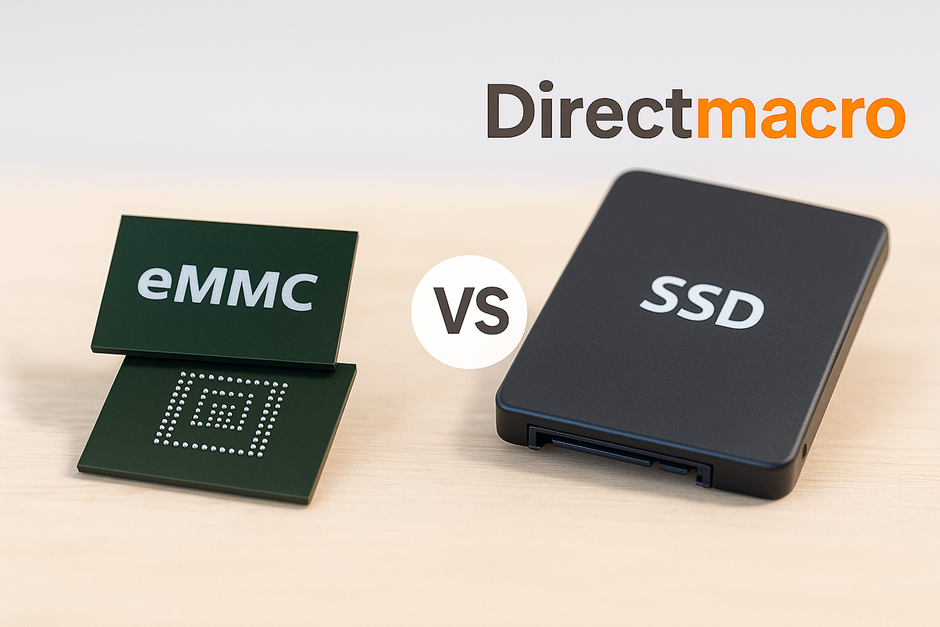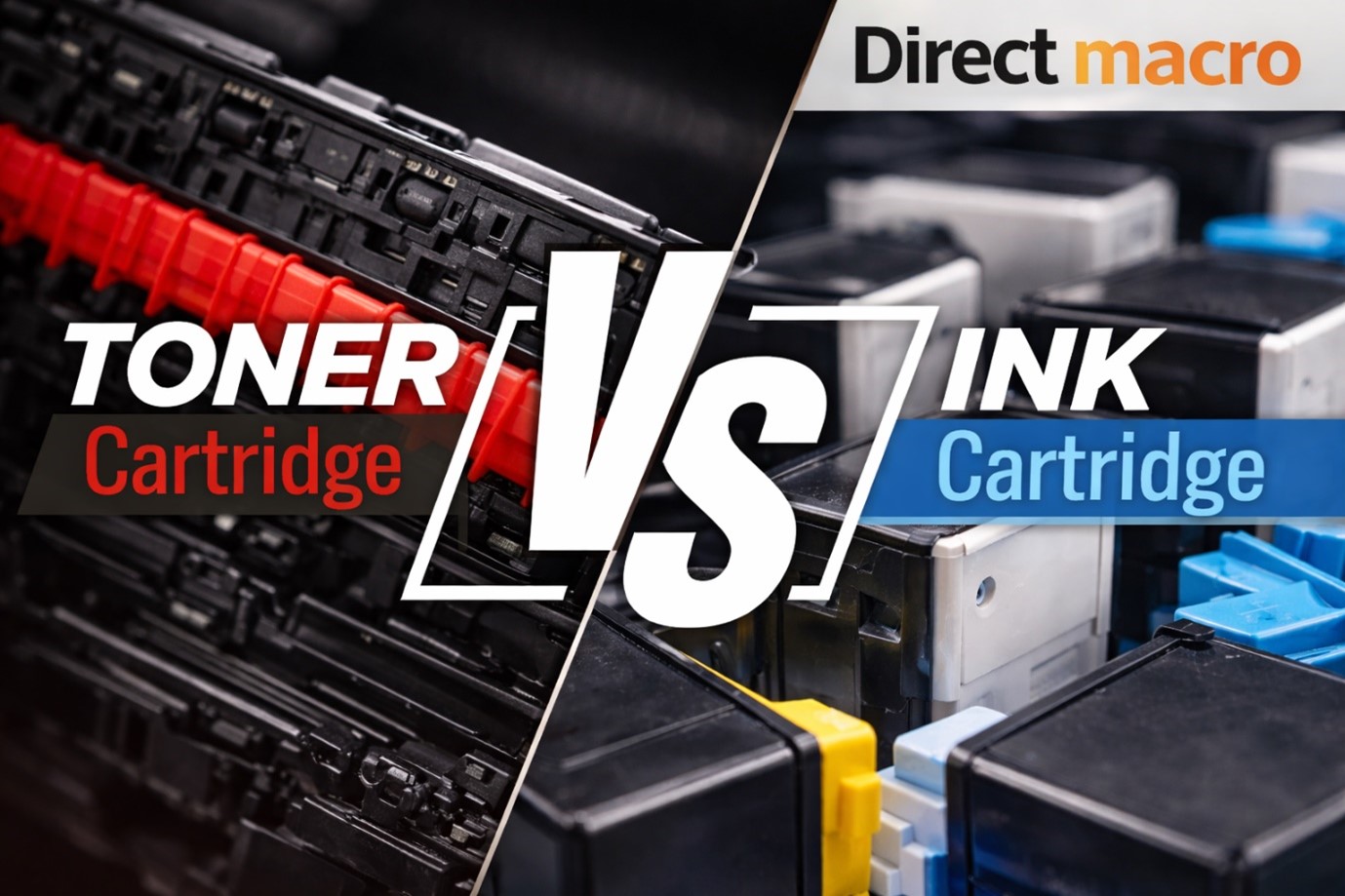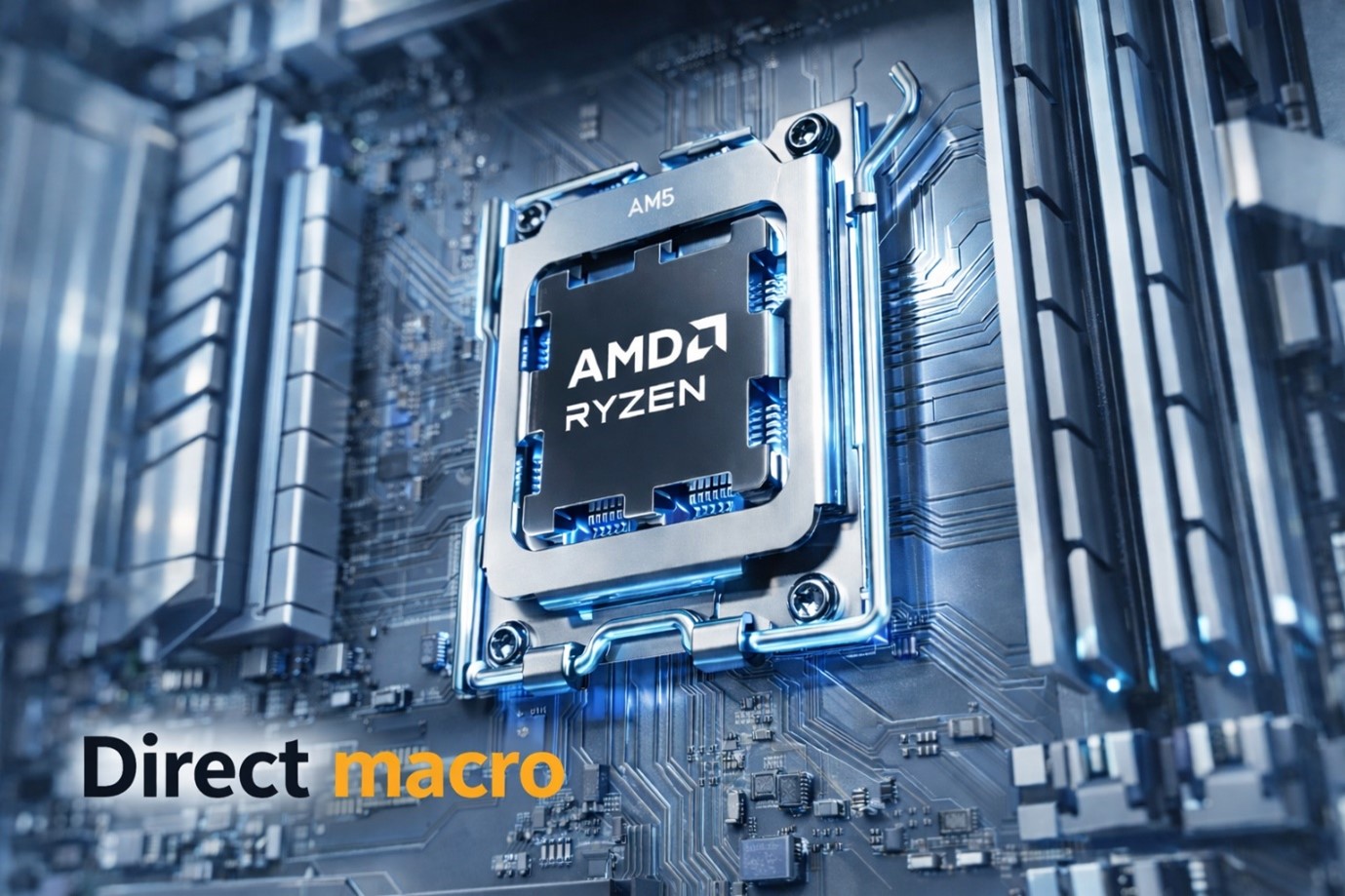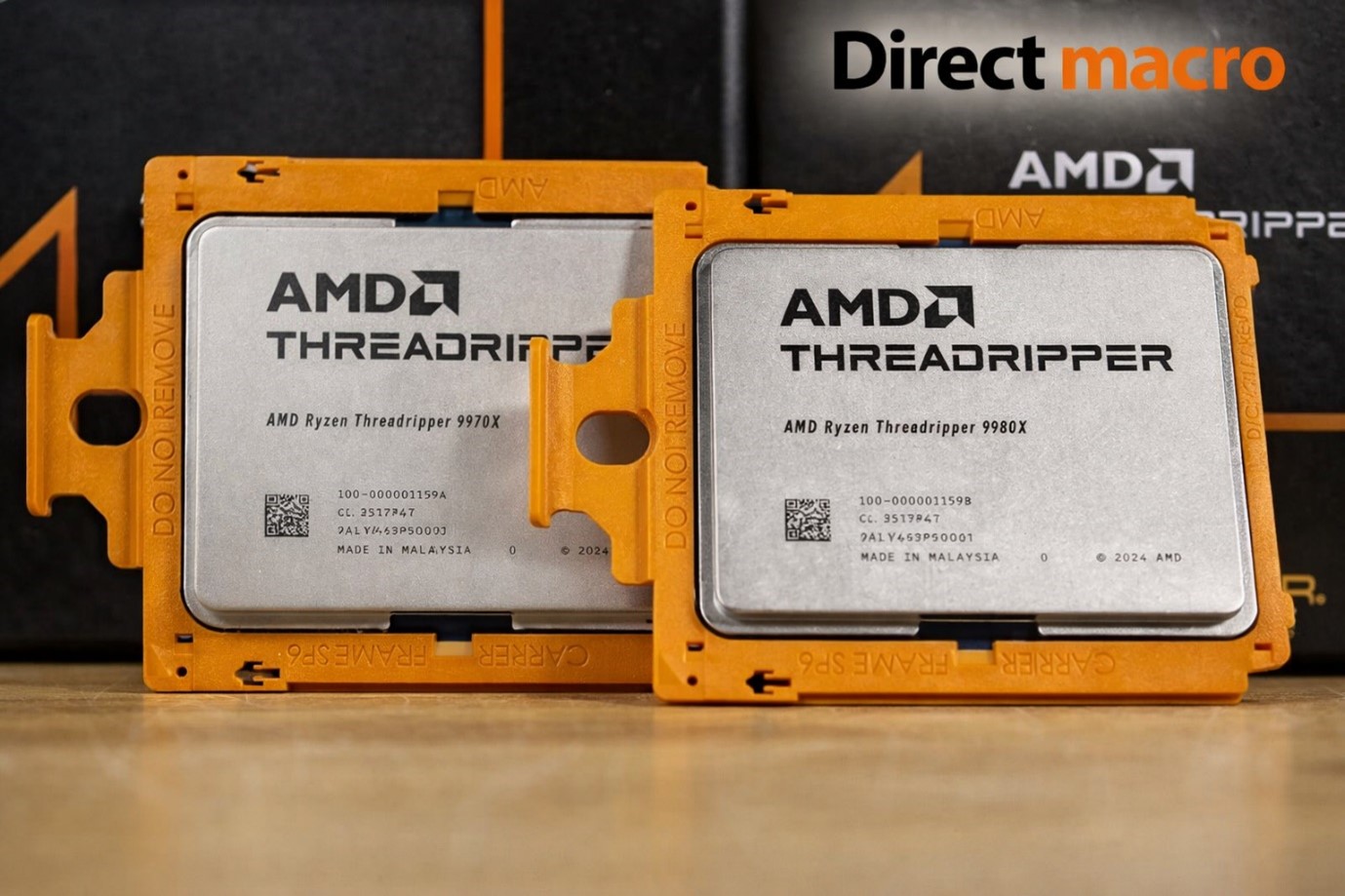eMMC vs SSD: Which Storage Is Faster and More Reliable?
When you are in the market for making a purchase of a new laptop, tablet, or even a gaming device like the Steam Deck, you will inevitably encounter different types of storage devices. The two most common options are eMMC vs SSD. While they both use flash memory, their performance, design, and target markets are vastly different. Understanding the fundamental differences between these storage devices is important for making an informed purchasing decision. This guide will break down the key aspects of eMMC vs SSD storage devices. It helps you determine which storage solution is right for you.
What is eMMC? Understanding The Basics and Its Use Cases
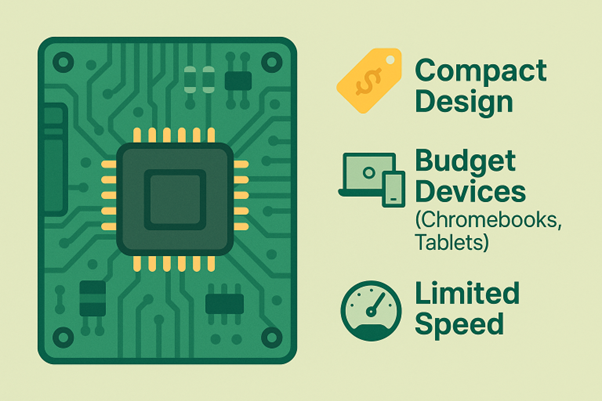
eMMC stands for embedded Multimedia Card. It is a type of non-volatile flash storage that is directly soldered to a device’s motherboard. It resembles a smaller, simplified version of an SSD, but with a different architecture. It employs a single chip that houses both the flash memory and the controller, making it extremely small and cost-effective to manufacture. Because of its design, eMMC is the preferred choice for low-cost entry-level devices.
eMMC is commonly found in low-cost laptops, tablets, and some smartphones. So, if you are looking to buy a new device, this is a good option. It is the reason that many low-cost devices can provide significant storage capacity without raising the price. For example, a low-cost Chromebook frequently includes eMMC storage, which is ideal for web-based applications and light document work. Manufacturers can also design slimmer and fanless devices thanks to the compact nature of eMMC.
Despite its benefits, eMMC has significant drawbacks. Its simplified design and shared memory channels prevent it from competing with a dedicated SSD in terms of performance. It is especially noticeable in tasks that involve frequent data reading and writing, such as opening large applications or transferring large files. When choosing between an eMMC vs SSD storage device, remember that the performance difference is a major factor.
Why are SSDs Perfect for Gaming, Editing and Workplaces?

SSD stands for Solid State Drive. These devices are the current benchmark for high-performance storage. An SSD, unlike eMMC, makes use of multiple flash memory chips as well as a dedicated and sophisticated controller. Its architecture supports parallel data access, which means that the drive can read and write data from multiple chips at the same time. Parallel processing is the key to its impressive speed.
SSDs are available in a variety of form factors, including the traditional 2.5-inch drive and the much smaller and increasingly popular M.2 NVMe sticks. The latter, in particular, takes advantage of the fast PCIe interface, which provides blazing-fast transfer speeds that are orders of magnitude faster than eMMC. SSDs are the preferred storage solution for everything from high-end gaming rigs and workstations to everyday laptops that require quick and responsive performance.
The difference in performance between eMMC vs SSD speeds is like night and day. An SSD will boot your operating system in seconds, launch applications instantly, and handle demanding tasks like video editing or large file transfers without any difficulty. That’s why SSDs are found in almost all mid-range and high-end laptops and desktops. The superior SSD devices also improve data management, wear leveling, and overall reliability, resulting in a longer lifespan.
Emmc vs SSD: Direct Comparison Between Top Storage Solutions
Let’s look at the key differences between eMMC vs SSD and decide which is better for storage. The difference between eMMC vs SSD speed is the most significant. While a standard eMMC drive may have sequential read speeds of 200-300 MB/s, a modern SATA SSD can easily reach 500-600 MB/s, and an NVMe SSD can exceed 3,500 MB/s. This speed difference has a significant impact on daily operations that ranging from system boot-up to application loading times.
Quick Comparison
| Feature | eMMC | SSD |
| Speed | Slow (200-300 MB/s) | Fast (500-7,000+ MB/s) |
| Cost | Low | Higher |
| Architecture | Single-chip, integrated controller | Multiple chips, dedicated controller |
| Durability | Lower, often soldered | Higher, more robust |
| Target Devices | Budget laptops, tablets, Chromebooks | Laptops, desktops, gaming consoles |
| Upgradeability | Rarely upgradeable | Often upgradable (M.2, 2.5-inch) |
When deciding which storage is best, the answer is heavily dependent on your requirements. An eMMC is sufficient for basic tasks such as web browsing, email checking, and cloud computing. On the other hand, a user who needs to run multiple applications at the same time, edit large media files, or play games will benefit from an SSD’s superior performance. The choice between eMMC vs SSD durability is a cost-performance trade-off.
eMMC vs SSD: Speed, Performance, and Use Cases
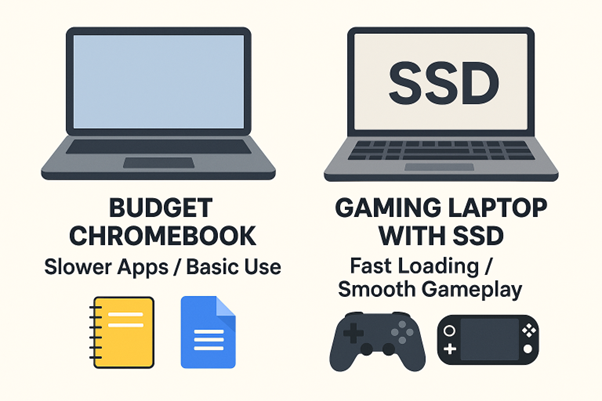
The question of eMMC vs SSD always comes back to speed. Both are faster than conventional hard disk drives (HDDs). The performance gap between them is significant. The difference between eMMC vs SSD speed is more than just raw numbers; it directly affects user experience. When performing demanding tasks, an eMMC-equipped device feels sluggish, whereas an SSD-equipped machine feels snappy and responsive.
Take the example of a budget Chromebook with eMMC storage. For a student or a casual user who primarily uses Google Docs and web applications, the performance is perfectly acceptable. The low cost and power efficiency make it an ideal device for that market. On the other hand, for a professional video editor or a gamer, the same Chromebook would be completely unusable. They require the high read and write speeds of an SSD to handle large files and complex software.
The choice of storage also impacts specific devices like the Steam Deck. The Steam Deck comes with eMMC storage on its base model, which is a key factor in keeping the price low. On the other hand, many gamers opt for the more expensive models with an SSD because the faster loading times and smoother gameplay experience are worth the extra cost. It is a perfect example of a direct eMMC vs SSD Steam Deck comparison. The faster storage on the SSD model means games load faster, and in-game textures can stream more quickly that leading to a better overall gaming experience.
eMMC vs SSD Durability and Longevity Factor
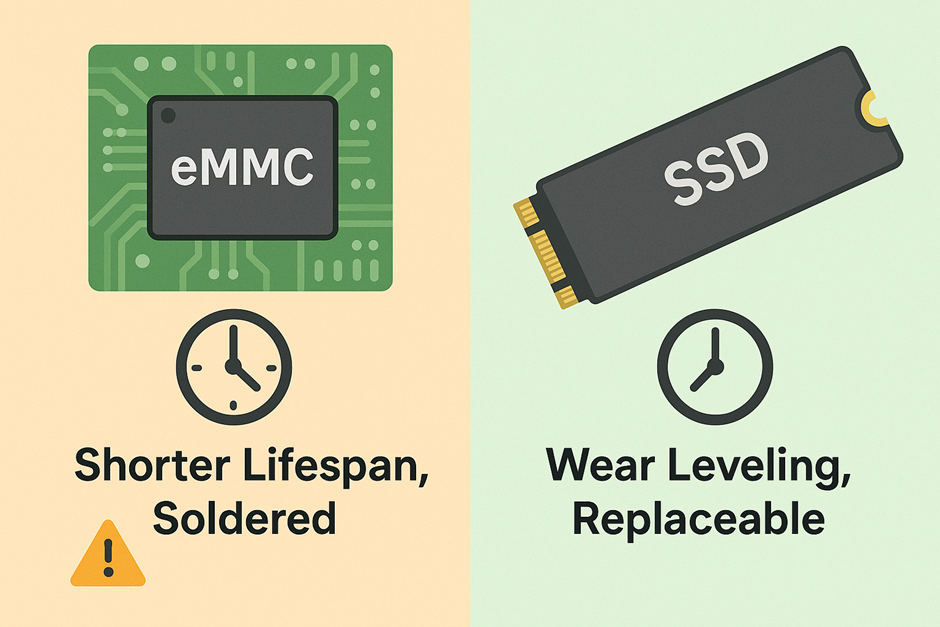
Beyond speed, another critical consideration is durability and lifespan. The eMMC vs SSD lifespan is an important aspect of a long-term purchase. Both eMMC and SSD use NAND flash memory, which has a limited number of write cycles. On the other hand, the sophisticated controllers in SSDs are designed to manage this wear more effectively. This process is called wear leveling, where the controller intelligently distributes data across all memory blocks which prevents any single block from wearing out prematurely.
An eMMC drive, with its simpler controller, doesn’t have the same level of wear-leveling technology. It means that intensive and sustained writing to the eMMC storage can lead to its failure sooner than an SSD. The eMMC vs SSD durability is a clear win for the SSD. For a device that will see a lot of data being written and rewritten, like a laptop used for development or a gaming machine, the strong design of an SSD is a significant advantage.
Furthermore, most eMMC drives are soldered onto the motherboard. It means if the storage fails, the entire motherboard often needs to be replaced, which can be an expensive and time-consuming repair. SSDs, especially the M.2 and 2.5-inch form factors, are often modular and can be easily replaced or upgraded. This factor alone makes an SSD more reliable and more future-proof for a laptop.
Final Thoughts: Which One Should You Choose?
So, eMMC vs SSD which is better? The answer is not a simple one-size-fits-all. It depends entirely on your budget, use case, and performance expectations.
For a budget-conscious buyer who needs a device for basic tasks like web browsing, word processing, and light media consumption, an eMMC-equipped device is a great value. It keeps the cost low and provides sufficient performance for these activities. The eMMC vs SSD Chromebook comparison is a great example of this, where the cheaper storage solution meets the needs of the target audience perfectly.
However, if you are a power user, a gamer, a creative professional, or someone who values speed and longevity, the choice is clear. An SSD is a necessary investment. It provides superior performance, better durability, and the peace of mind that comes with a more reliable and often replaceable component. An SSD is the standard for laptop or desktop.
In summary, the choice between eMMC vs SSD is a choice between an affordable, compact solution for light tasks and a powerful, durable solution for demanding applications. Evaluate your needs carefully before making your final decision. The speed, reliability, and overall user experience hinge on this critical component.
If you are still unsure choosing between eMNC vs SSD to make an informed purchase, Direct Macro’s experienced team is available to assist you 24/7. Call us at (855) 483-7810 or visit our contact us page for more information.
FAQs: People Also Ask
- Is eMMC storage upgradable?
No, in most cases, eMMC storage is soldered directly onto the motherboard, making it nearly impossible to upgrade. It is a significant difference in the eMMC vs SSD laptop debate, as many laptops with SSDs allow for easy upgrades.
- Can I replace my eMMC with an SSD?
Generally, no. Since eMMC is integrated onto the motherboard, you cannot simply remove it and replace it with an SSD. Some devices may have an additional M.2 slot for an SSD, but this is rare in devices that primarily use eMMC.
- Which is better for a gaming laptop: eMMC or SSD?
An SSD is far superior for a gaming laptop. The faster read/write speeds of an SSD are crucial for loading games quickly, reducing in-game stutter, and providing a smoother overall experience. The eMMC vs SSD Steam Deck comparison highlights this perfectly.
- How much faster is an SSD than an eMMC?
An SSD is significantly faster, often by a factor of 2x to 10x or more, depending on the type of SSD (SATA vs NVMe). The eMMC vs SSD speed difference translates to much faster boot times and application loading.
Do you need advice on buying or selling hardware? Fill out the form and we will return.

Sales & Support
(855) 483-7810
We respond within 48 hours on all weekdays
Opening hours
Monday to thursday: 08.30-16.30
Friday: 08.30-15.30



